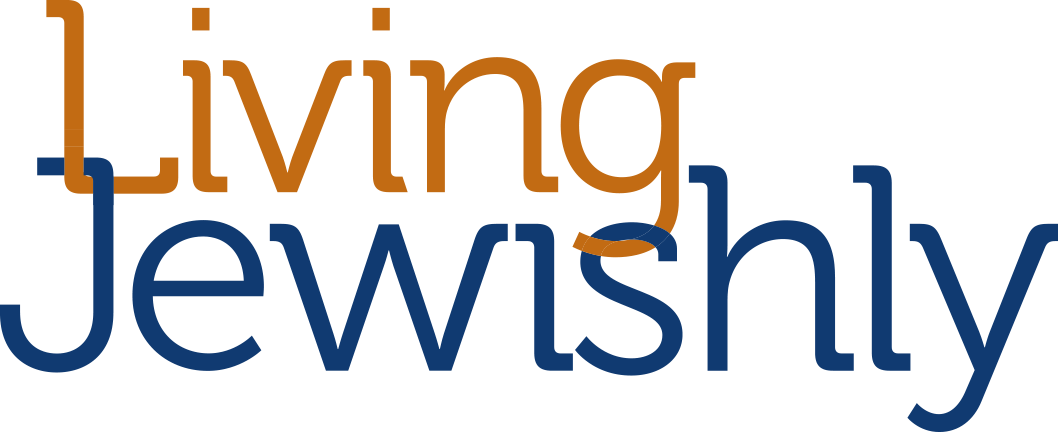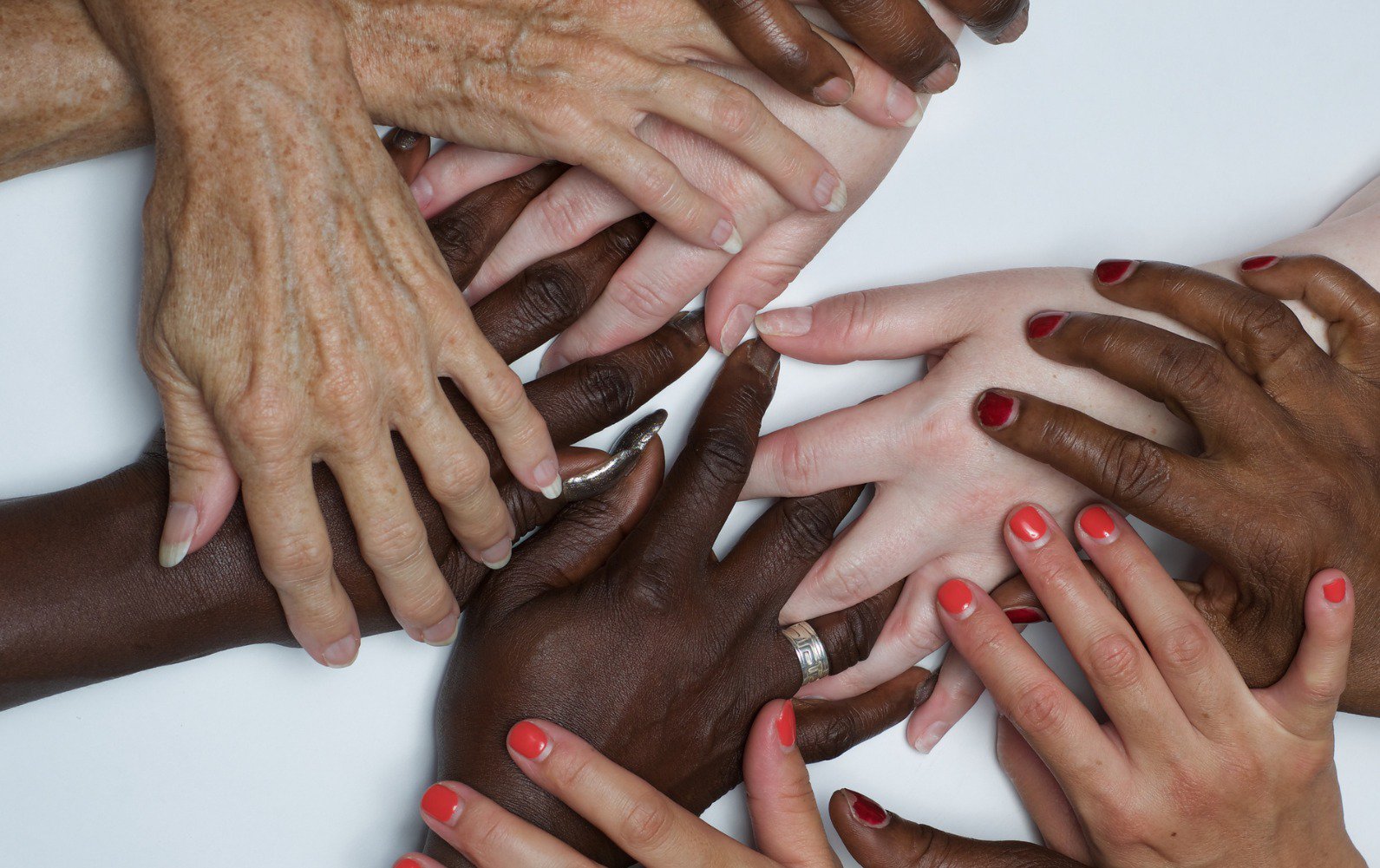The brilliant American writer James Baldwin was once asked by an interviewer to describe what it was like to forge a career as a ”black, impoverished homosexual.” Baldwin laughed and replied: “I thought I’d hit the jackpot.” He was actually not being facetious, but it takes a very brave man indeed to be able to see what all of this could mean in 1940’s and 50’s America, and still perceive the challenges that would ensue as an opportunity to grow as an artist. Baldwin recognized that his own courage was not infectious, when he remarked of Americans: “It is astonishing that in a country so devoted to the individual, so many people should be afraid to speak.”
When a phrase is repeated enough, it becomes an unreflective truth, something we absorb like air, or poverty. “We are so lucky to live in a free country” is one such mantra that Westerners like to tout, no doubt sincerely. But it is a measurement of how low the bar has been set, that we believe we are free, simply because in most places we do not have to endure some Kafkaesque invasion of our home where we would get dragged away by the authorities, without warning or rationale, and eventually killed. Or that we can vent on social media, or choose between a grand total of two people every few years—three in certain democracies– to lead our governments and guide our lives and livelihoods. Does that sound like the full-throated roar of liberty?
Freedom is certainly not felt identically by all sectors of society; rather, a sense of radical inequality is the experience of so many of our fellow citizens and neighbours. The online journal Qrius [formerly the Indian Economist] send out a survey to its readers a few years ago asking the simple question: “What does freedom mean to you?” The answers were more than illuminating; they were heartbreaking. And they illustrated that although we may theoretically live in the same society, we inhabit very different realities within that space, often divided by gender, skin colour, ethnicity, sexual orientation, socioeconomic status.
One respondent to the survey, a young woman who lived in Pune, a large city in Western India, did not sugarcoat the illusions of freedom: “If I have to be fearful of streets I’ve walked on for 22 years, I am not free. If I have to constantly look over my shoulder and clutch onto whatever sharp object I possess, I am not free. When I can walk out without thinking twice about what I’m wearing, I will have freedom. When I don’t have to be nervous to be around a lot of men, I will have freedom. When my voice is heard and understood without ridicule or mockery, I will have freedom.”
If we think this is a remnant of the supposedly “primitive” East, then we have not been paying attention to recent events in England, where reports of consistent police violence against women have sent shock waves throughout the country. Such violence is continuous, and goes unchecked and unpunished. When those in power do the abusing and not the protecting, we need to have a very curious sense of irony to still mouth the requisite slogans about our freedom.
One artist who answered the poll, who identifies as gender-fluid and non-binary, offered an insight into a daily life filled with fear and anxiety: “Being free would mean that I wouldn’t have to learn how to control my fear around men or going alone to the men’s washroom because there is no other choice for me. Being free would mean that I don’t have to whisper “me too.”
Jews are well positioned to understand the vulnerability of the outsider; we have been conditioned historically by the poignant Biblical injunction to “love the stranger, for you were strangers in the Land of Egypt.” But the story of the Exodus is often misread as a tale of Jewish triumphalism, that we defeated the mighty Pharaoh with God on our side.
As the medieval commentator Ramban (Nachmanides) sharply observes, however, the moral of the story is not that God favours the Jews; it is that the divine is inclined towards the victims of injustice. Ramban cautions us about duplicating the mindset of our former enslavers: “Do not wrong the stranger or oppress him, thinking that none can deliver him out of your hand. You know that you were strangers in the land of Egypt. I saw your oppression at the hands of the Egyptians, and I took up your case against them, because I behold the tears of those who are oppressed and have no comforter. I deliver them from those who overpower them.”
The Torah is not there to promote a self-inflating propaganda about Jewish righteousness, but to hold up a paradigm of defending those who have lost their agency.
James Baldwin understood more than most that freedom is not a static conception. It is an ideal not just to be yearned for in speeches and blogs, but a call to action like no other. And the antithesis of freedom is often not tyranny, but a numbing surrender to the status quo, as Baldwin noted: “Freedom is not something that anybody can be given; freedom is something people take and people are as free as they want to be. One hasn’t got to have an enormous military machine in order to be un-free when it’s simpler to be asleep, simpler to be apathetic, when it’s simpler, in fact, not to want to be free, to think that something else is more important.”
In 1945, the novelist Hugh MacLennan wrote a book which captured the difficulty of communication and empathy between English and French-speaking Canadians. He entitled it Two Solitudes; today it seems like there are dozens. So, this Passover, along with cherishing our own self-determination, let us reach out and help those who are not truly free, harassed and threatened not for anything that have done, but simply for who they are, what they look like, whom they love. Only on that day when we are able to secure justice for everyone, can we truly utter with conviction, Dr. King’s famous cry: “Free at last! Thank God Almighty, we are free at last!”


0 Comments